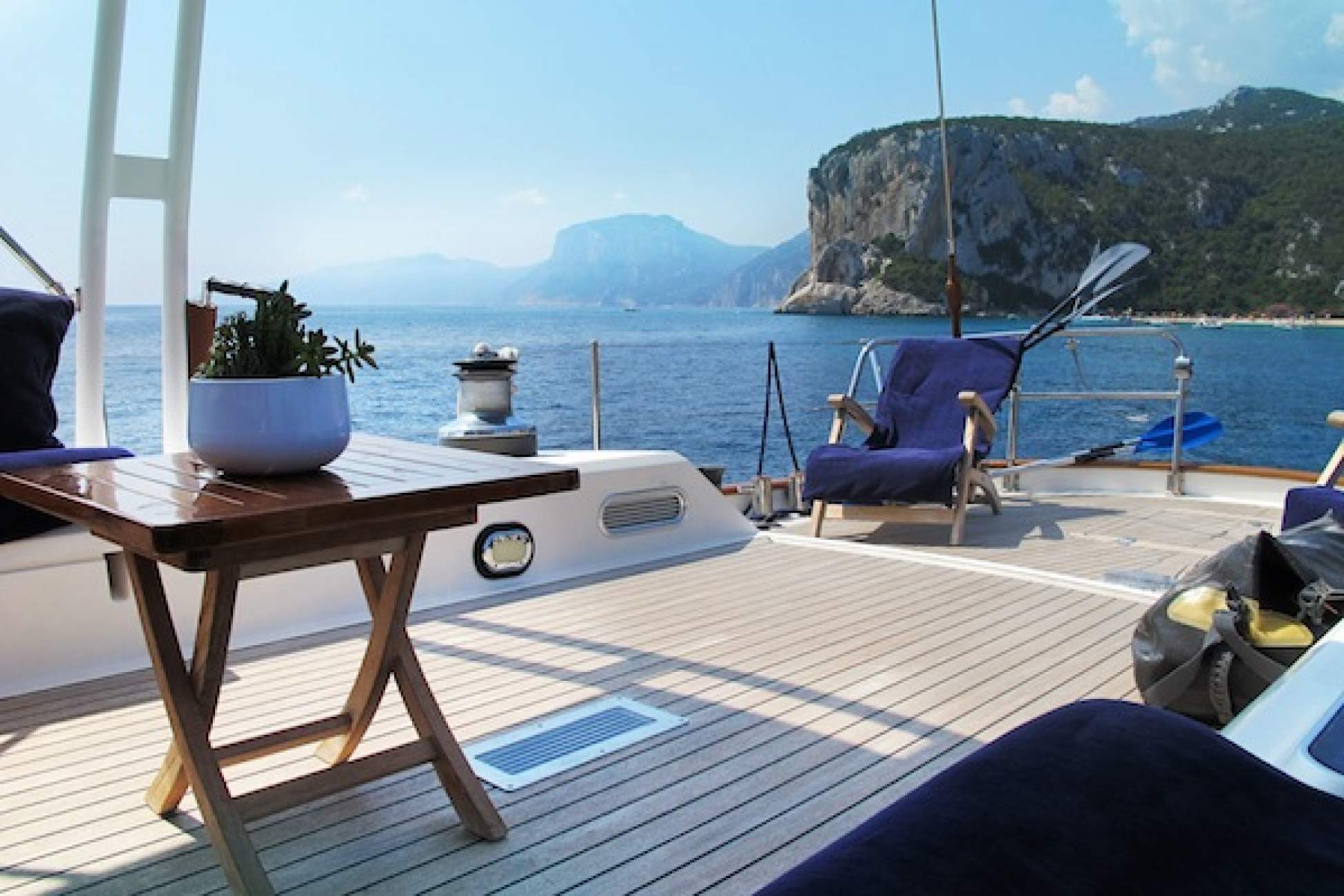When I first started working in the yachting industry, I would hear from people here and there that it isn’t for everybody. But I didn’t give it much thought. “That won’t be me,” I figured.
What they don’t do is elaborate on why the industry isn’t for everyone. What are the reasons people can’t stick it out?
I work on a 30-metre private sail yacht. Yachts come in all shapes and sizes and for all I know life on a 100-metre motor yacht might be a bit different, but not much. It’s a good idea to know who you are and what you like and dislike before entering into the world of yachting. The money is very good and you have little to no expenses, so some people are able to see past the bad. For others the money simply isn’t worth it.
Here are the main reasons working on a yacht may not be for you:
1. Not everyone is good with authority, taking orders or being a slave.
The ugly truth is that unless you’re the captain or in another high position on-board, you will be taking orders from people in charge, all day, every day. If you’ve just sat down, be ready to get back up as the chef asks you for something stowed in the saloon. You get the picture. I need this. Do that. After, do this. Have you done that?
2. Not everyone is okay with manual, mindless, physical work.
Your job on-board, depending on your position, may be to keep the interior clean, guests seen to and happy or the exterior clean. This is not work that will stimulate your brain and generally speaking, it is not a job for intellectuals. If you consider yourself somewhat of an intellectual and enjoy holding a job that challenges your mind, then perhaps sanding, scrubbing, polishing, wiping, ironing, packing and unpacking dishwashers is not for you.
3. Some people need more sleep than others.
As a crew member part of your job is to be awake before guests get up and go to bed once they’ve decided to call it a night. If you’re on a motor yacht and have guests on-board, your sleep will lesson even further as you are expected to keep watch either for two hours each night or for longer every couple of nights.
4. Living on a boat is not the same as living on land.
A lot of things must be taken into consideration when you live on a yacht. Do you like long, relaxed showers? Well there’s not always an infinite amount of water for you to use, or time for that matter. Do you hate being rushed when you’re eating? Well, you eat when the guests eat and that means scoffing down in between getting up and seeing who needs what. There’s a limit to how far you can walk, so if you like long walks on the beach—or anywhere for that matter—a boat is really going to frustrate you.
5. Some people don’t play well with others.
One of the realities of living on board as part of a crew is that you will be constantly surrounded by those you work with, whether you like it or them or not. Boats don’t always have guests, but when they do you and your crew are confined to a small area—the crew mess. If your boat is smaller, the kitchen/galley will be in the crew mess. Three courses twice a day will be cooked in the galley, which can make the crew mess a high stress area a lot of the time. Once you are on-board your crew are your teammates, family and if you’re lucky, friends. And who hasn't wanted to kill one or more of these people their lives before?
Still think you've got what it takes? Here are my top tips for finding a yachting job:
• There are two places good for starting out in the yachting industry: Antibes in the South of France and Fort Lauderdale in Florida, USA.
• In both places you have the choice of lodging in a crew house with other aspiring yachties. These are good for making contacts and getting help if you feel you need it. But they are quite pricey. Good crew houses in Antibes are the Crew Grapevine and The Crew House.
• The other accommodation option is to do a houseshare with others looking for jobs. There is a notice board outside the popular Antibes hangout, The Blue Lady, where you can find shared accommodation advertised.
• Finding a job is difficult because there is a lot of competition these days. Walking the docks (in the South of France, not in Ft. Lauderdale because it is illegal) is a must. Otherwise it is also a good idea to sign up and check in with the agencies. Bluewater, Luxury Yachts, Y crew and ReCrewt are a few of the many agencies in Antibes.
• Dockwalk.com is a very helpful website that posts job openings, helpful articles and has great forums for asking questions and interacting.
Vicky Bourhill’s work abroad experiences make for a colourful résumé. It began in 2010 with a Colorado ski season, followed by a year of teaching English in Chile and most recently joining the yachting industry in the Mediterranean. Follow Vicky and her adventures via her blog, Wanderlust.




